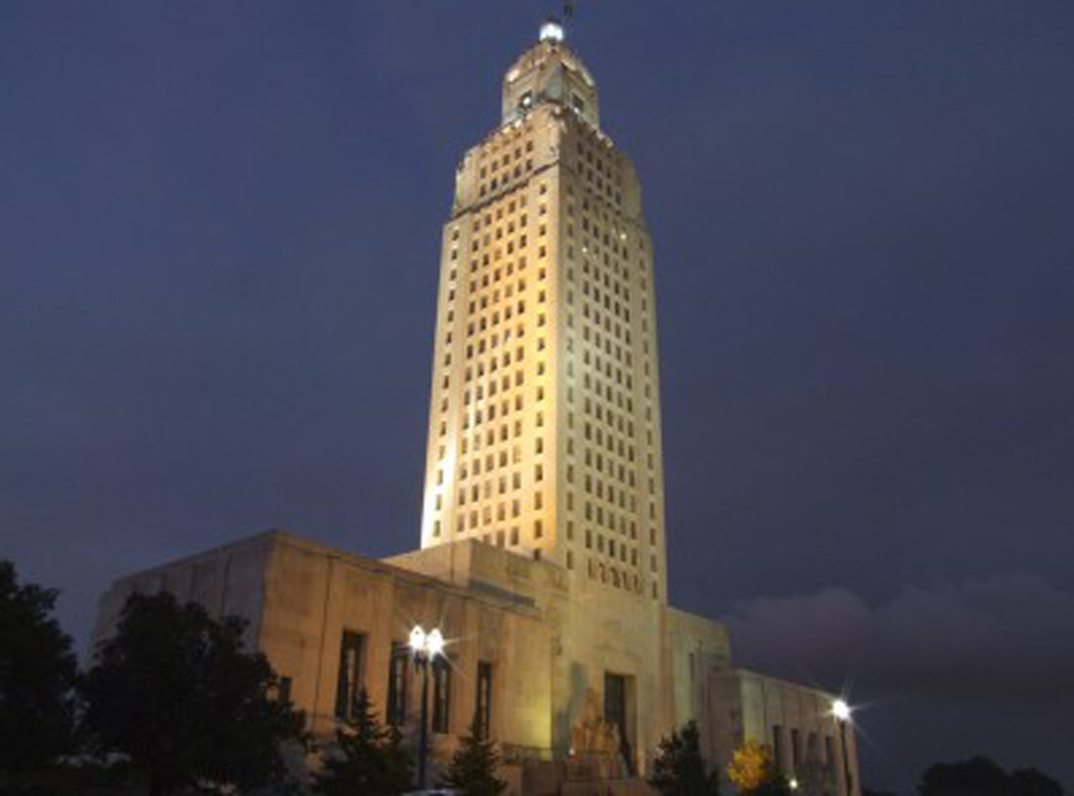193
BATON ROUGE — Louisiana lawmakers cobbled together enough money through tax hikes in the closing hours of a special session Wednesday to keep colleges and health services from facing hefty cuts, but only for the remaining three months of this budge
State budget gap only partially filled
previous post



